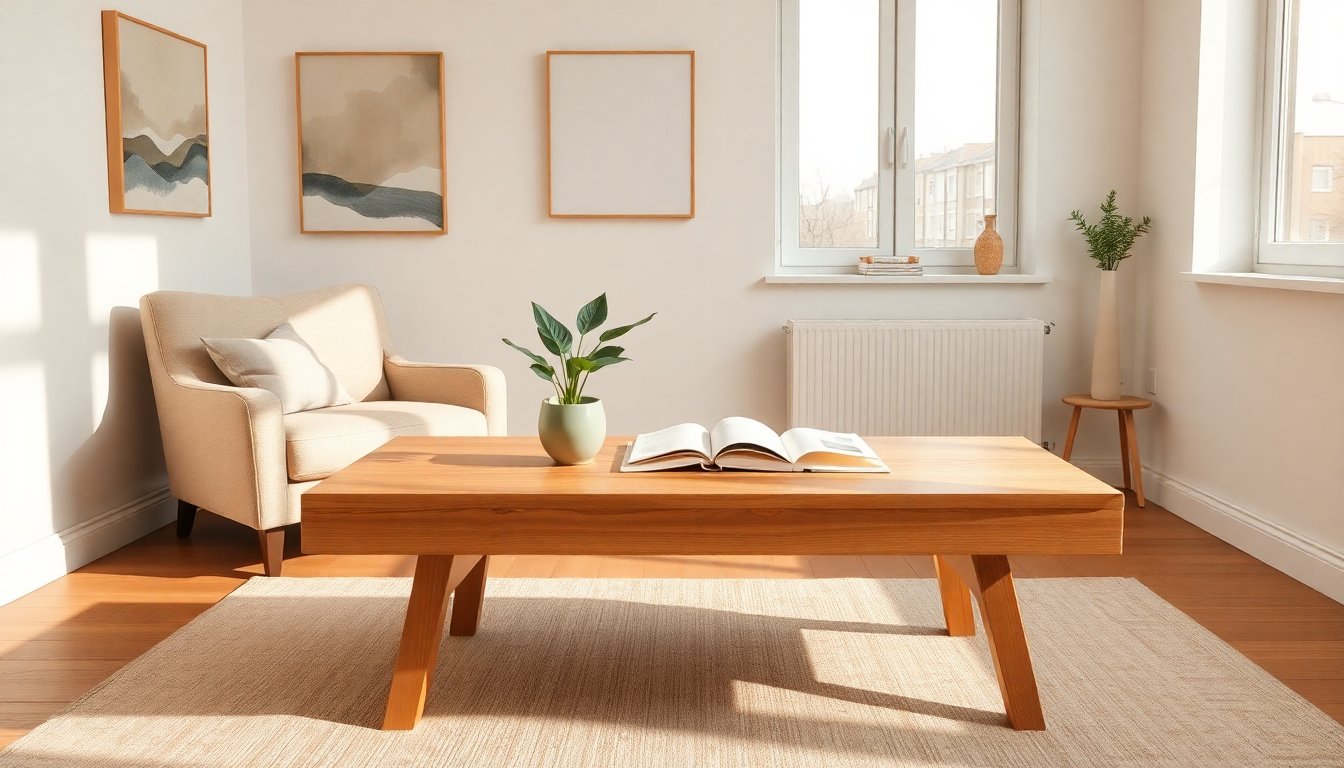Table of Contents
The essence of minimalism: beyond decluttering
Minimalism is frequently misunderstood as simply eliminating unnecessary items. In reality, it embodies a profound philosophy centered on living intentionally and prioritizing what genuinely matters. Drawing inspiration from thinkers like Henry David Thoreau and contemporary proponents such as Joshua Becker, minimalism prompts individuals to assess their possessions and commitments. This reassessment can lead to a more fulfilling lifestyle, fostering clarity and purpose in everyday life.
The psychological benefits of adopting minimalism
Research indicates that a clutter-free environment can significantly alleviate stress and anxiety. Simplifying our surroundings fosters a space that encourages calmness and clarity. As Marie Kondo famously advises, we should retain only those items that “spark joy.” This concept transcends physical belongings, influencing our relationships and daily activities as well.
Embracing minimalism: practical steps
Adopting a minimalist lifestyle can be simple and manageable. Begin by assessing one area of your home or life each week. Here are some actionable steps to consider:
- Declutter:Review your belongings and donate items that no longer serve a purpose in your life.
- Prioritize:Concentrate on activities and relationships that bring you genuine joy and fulfillment.
- Mindful consumption:Be deliberate with your purchases and steer clear of impulse buying.
These incremental changes can lead to a significant transformation in your life over time.
The cultural roots of minimalism
Minimalism has found a place in diverse cultures around the globe. In the Japanese Zen philosophy, simplicity and mindfulness are central tenets, encouraging individuals to find beauty in the simple and the understated. This profound appreciation for less can transform one’s perspective on life. Meanwhile, the Scandinavian concept of “hygge” champions a cozy, minimalistic lifestyle that prioritizes comfort and well-being over the accumulation of material possessions. Together, these cultural references highlight a growing movement towards a more intentional way of living.
The evolving landscape of minimalism
The minimalist movement continues to gain traction as individuals seek simplicity amid the complexities of modern life. Growing awareness of sustainability and mental health is driving this trend. More people are discovering the advantages of simplifying their surroundings and commitments. Embracing minimalism can enhance personal fulfillment while fostering a sense of community and environmental stewardship.
Adopting a minimalist lifestyle transcends mere trendiness; it represents a conscious choice that can significantly improve one’s well-being. Begin with small changes, remain dedicated, and observe how your life can evolve into one characterized by clarity and purpose.


